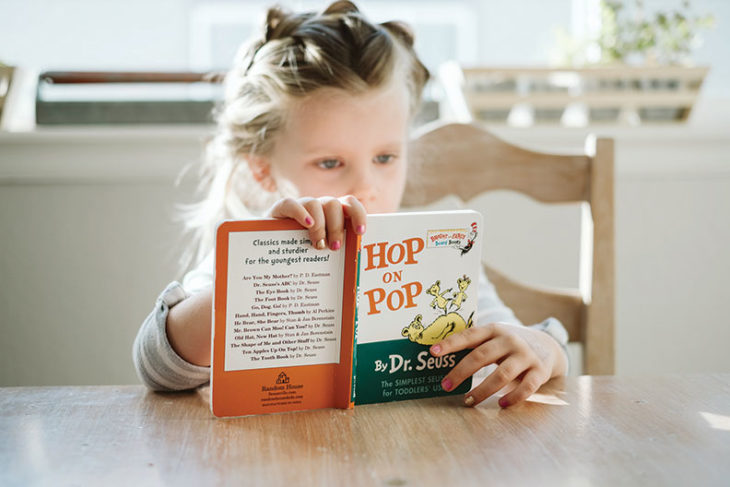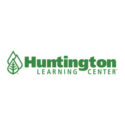Developing reading habits among children takes persistence and patience on parents’ part. And with reading playing such an important role in a child’s education, Erin Gibson, operations manager of the Gulfport Huntington Learning Center, says the effort is definitely worth it.
“Reading is indeed something children can enjoy throughout their lives, but it’s essential in school as well,” Gibson says. She offers several strategies for helping your child develop this critical skill:
1. MAKE TIME FOR READING
From a young age, encourage your child to read before bedtime. It’s a relaxing nightly ritual and one that your child will learn to appreciate as life and school grow more hectic.
2. HELP YOUR CHILD RESEARCH THE BEST BOOKS TO START READING
The more your child enjoys reading, the more he or she will be motivated to do it. If your child hasn’t discovered a type of book he or she loves, keep looking. Get a librarian’s help, too.
3. KEEP READING DURING SUMMER BREAKS
When the last bell of the school year rings, some children stop reading for three months. Don’t let your child get out of the reading habit. Adjust the habit for summer break; maybe nightly reading becomes lunchtime reading, or you can establish a family post-dinner routine of reading together on the patio.
4. START A BOOK CLUB
Help your child start a book club with his or her friends, or do a parent-child book club with a few friends and their parents. Talking about books with others is a big part of the fun for many young readers. Book clubs give them the opportunity to relate books to real life and share something with peers.
5. KEEP GOING TO THE LIBRARY
The library has evolved a lot in the digital age, but it continues to be a great gateway to literacy. Encourage your child to explore the library’s other types of reading material beyond books and get involved with events like book clubs and summer reading programs.
6. TAKE THE READING ADVENTURE
Speaking of summer reading programs, get your child involved with Huntington’s Reading Adventure program. Huntington chooses age- and skill-appropriate books for children of all ages and abilities, and children fill out reading “passports” as they finish books.
7. CREATE A HOME LIBRARY
Help your child start a collection of favorite and to-be-read books. Give books as gifts, and make regular outings to your local bookstores. Be sure to check out used bookstores and the bargain bins at chain bookstores.
8. BE A GOOD INFLUENCE
Your child will take your suggestion to read more seriously if you practice what you preach. Research and find books you enjoy, and make time for reading in your own life. Share with your child what you like about your latest book.
“Children who develop the reading habit early are most likely to continue reading, but it’s never too late to become a reader,” Gibson says. “At Huntington, we often see children who once hated reading become avid readers once they overcome challenges and build those reading skills.
“That transformation that results from individualized, caring instruction is powerful and can help a child fulfill their potential not only as a reader, but as a student.”
Reach Erin Gibson at the local Huntington Learning Center at 8950 Lorraine Road, suite E, Gulfport; by phone at (228) 832- 1226; or by email at GibsonE@HLCMail.com.



